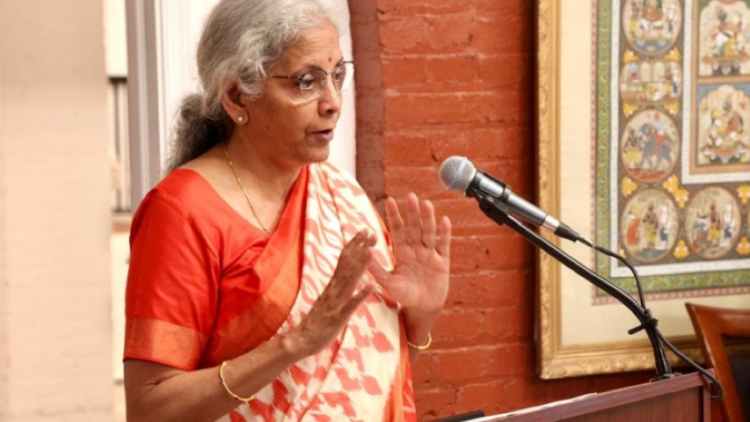Finance Minister Nirmala Sitharaman on Saturday directed the Central Board of Indirect Taxes & Customs (CBIC) to introduce its automated GST return scrutiny by next week, and to implement an action plan to increase the taxpayer base through enhanced use of technology.
In a review meeting of the CBIC, she directed the board to intensify its drive against fake billing and input tax credit (ITC).
Sitharaman desired that the CBIC may undertake a comprehensive root cause analysis by studying the typology of cases already booked, and come up with recommendations on technology-based solutions to address the menace and prevent its occurrence.
The meeting was attended by the Revenue Secretary and CBIC Chairman as well as its members.
The comprehensive review covered a variety of work areas, including trade facilitation, taxpayer services, grievance redressal of the trade, finalisation of disciplinary cases and infrastructure projects, and progress of the upcoming Palasamudram campus of the National Academy of Customs, Indirect Taxes & Narcotics (NACIN).
Sitharaman emphasised the need for continuously improving taxpayer services.
With respect to grievance redressal, Sitharaman desired that in each zone, interaction be organised with the members of trade and industry who are part of the GST ecosystem to know their issues and suggestions, so as to systematically identify matters for working out a redress for them.
She also directed to put in place a system to take feedback on grievances redressed so as to improve the quality of redressal.
In the course of review, the Finance Minister was briefed on the final revenue achievement in total indirect tax collections for 2022-23, which stood at Rs 13.82 lakh crore as against Rs 12.89 lakh crore in 2021-22.
On the GST side, the average gross monthly collection for the year 2022-23 stood at Rs 1.51 lakh crore, while monthly GST revenue collections exceeded Rs 1.4 lakh crore for 12 months in a row.























